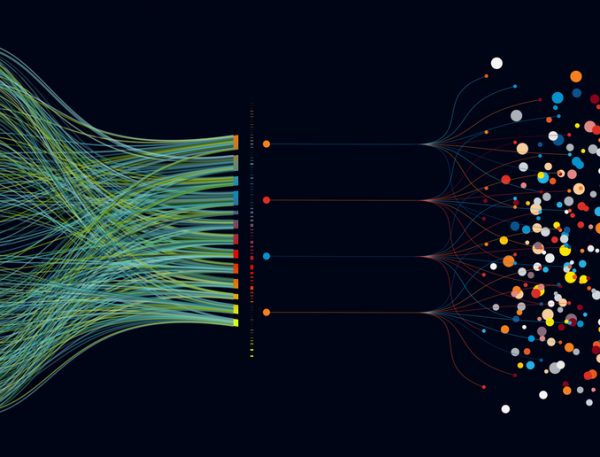
The use of real-world evidence is playing an increasingly important role in the how healthcare decisions are made, due to the rapidly improving ability of technology to accurately collect and analyze information and its potential impact in creating safer and more effective therapies.
The trend has also been helped along by 2016’s 21st Century Cures Act, part of which focused on increasing the use of these data sources as part of the regulatory decision making process.

Behavioral Health, Interoperability and eConsent: Meeting the Demands of CMS Final Rule Compliance
In a webinar on April 16 at 1pm ET, Aneesh Chopra will moderate a discussion with executives from DocuSign, Velatura, and behavioral health providers on eConsent, health information exchange and compliance with the CMS Final Rule on interoperability.
However, this growing focus has led to its own challenges as organizations try to develop the expertise and capabilities to harness real-world evidence.
The FDA’s Oncology Center of Excellence is turning to San Francisco startup Syapse to help them along the journey in a new partnership meant to better incorporate real-world evidence in regulatory decisions on cancer drugs.
Syapse specializes in collecting, aggregating and analyzing previously silo’d clinical, molecular, treatment and outcomes data in a useful way for decision makers.
The organizations will collaborate on efforts to pull real-world data from a number of sources including EHRs, data registries and testing labs and determine their utility in making regulatory decisions.

A Deep-dive Into Specialty Pharma
A specialty drug is a class of prescription medications used to treat complex, chronic or rare medical conditions. Although this classification was originally intended to define the treatment of rare, also termed “orphan” diseases, affecting fewer than 200,000 people in the US, more recently, specialty drugs have emerged as the cornerstone of treatment for chronic and complex diseases such as cancer, autoimmune conditions, diabetes, hepatitis C, and HIV/AIDS.
Downstream, the Syapse will also work with the FDA to determine real-world endpoints for solid tumor and blood cancers, figure out how to integrate patient-reported outcomes and help test precision medicine approaches to treating cancer.
“Real-world evidence from well-designed studies meeting appropriate data quality standards can help to inform decision-making and provide information regarding the impact of new therapies in real-world patient populations, particularly those not represented in clinical trials,” said the FDA’s Sean Khozin in a statement.
“This is especially critical in precision medicine, where understanding all of the factors that may drive safety and response is both imperative and difficult to capture at scale using traditional clinical trials.”
Syapse will also use its work with the FDA to bolster its Learning Health Network, a global data sharing network that is meant to help providers shape their treatment plans and perform larger outcomes research.
Syapse has raised more than $70 million since its founding in 2008 and has a signed a number of notable customers from across the healthcare industry ranging from large hospital systems like CommonSpirit Health to big pharmas like Amgen and Pfizer.
“Advancing a deeper understanding of real-world endpoints and analytical methodologies is critical to assuring that all stakeholders can have confidence in the quality of evidence produced and accelerating the use of RWE in regulatory decision-making,” Syapse President Jonathan Hirsch said in a statement.
“The network of health systems that Syapse represents offers a unique opportunity to learn from oncology patient journeys and populations not well represented in traditional clinical trials.”
Picture: shuoshu, Getty Images












